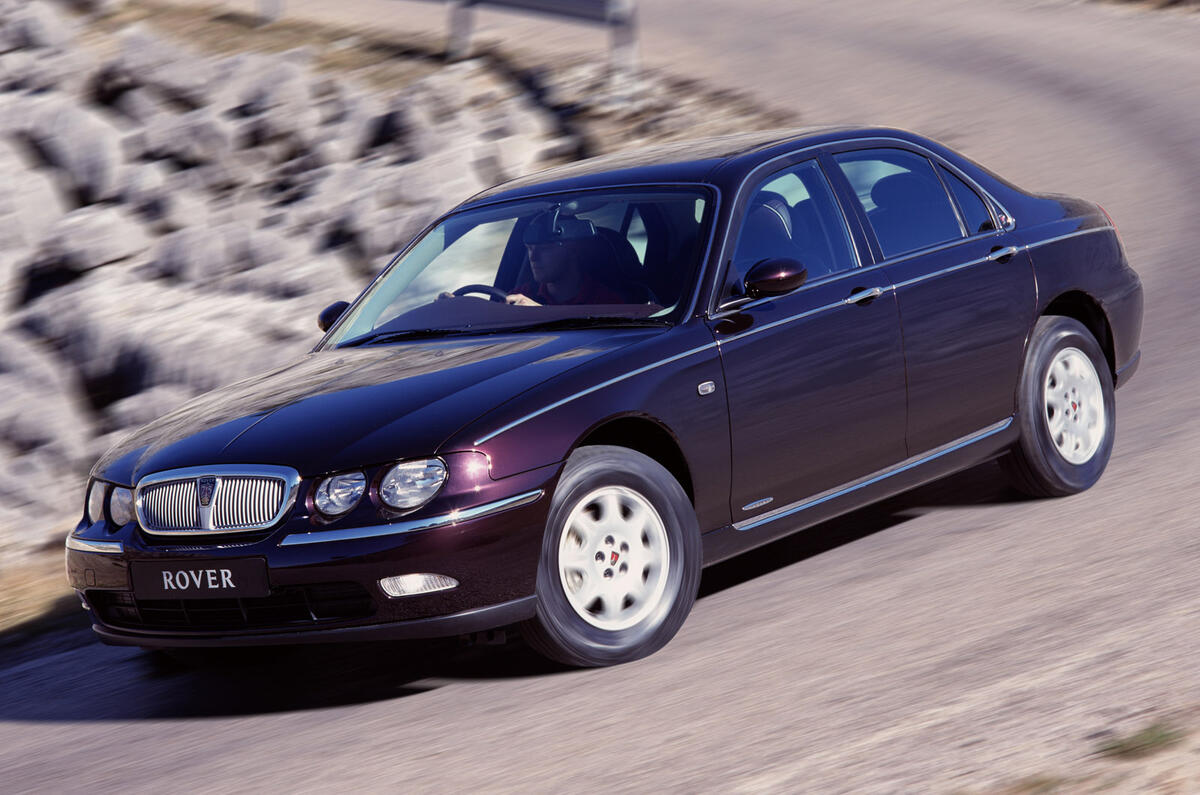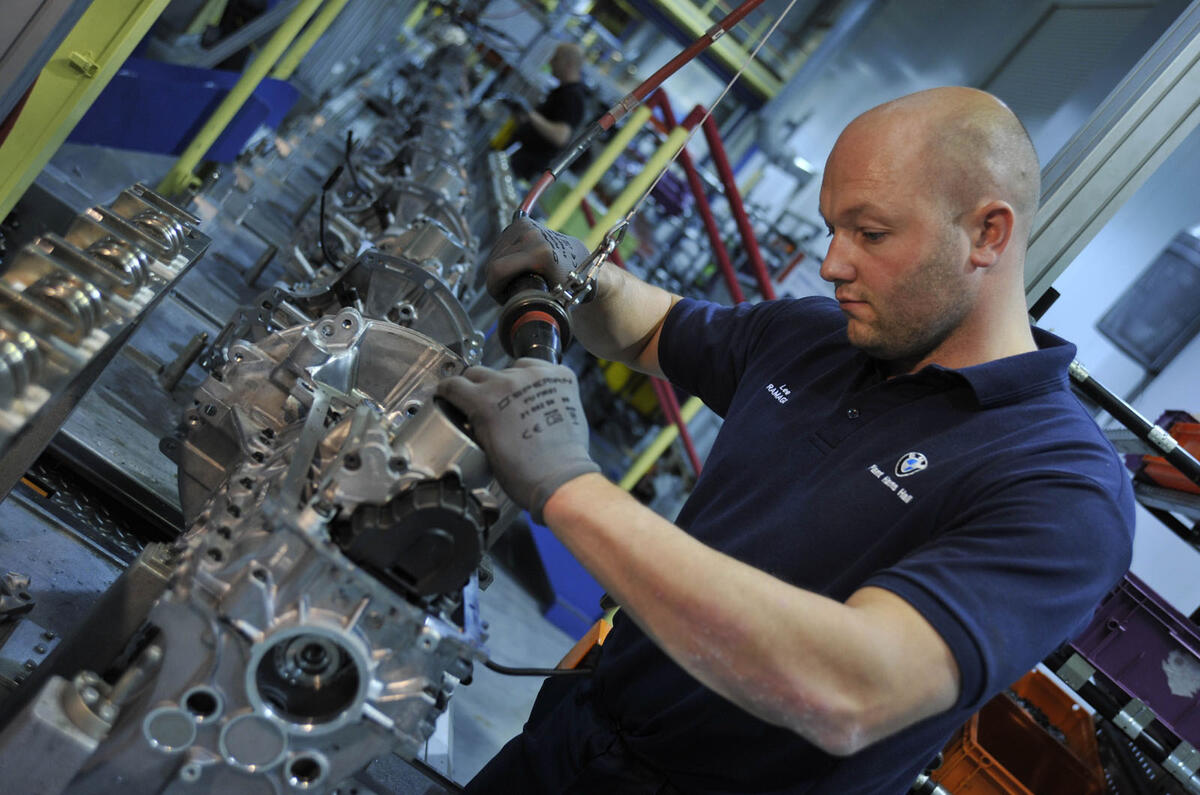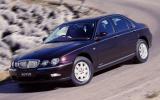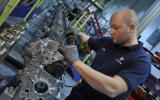It’s 20 years since BMW bought Rover, an anniversary that encourages discussion about whether the deal, usually seen as a failure, was a catastrophe or boon for Britain.
It certainly cost BMW prestige and big money back in 2000 when it withdrew from Rover, but you could hardly say it has since held the company back.
My own view is that though BMW’s withdrawal led to the Phoenix Four’s well-publicised shenanigans, the Germans’ purchase was a large stroke of luck.
BMW may not ultimately have been able to convert Rover into its UK outpost (a peculiarly hands-off early management style seems to have been one cause) but it left behind important industrial values and procedures that have been beneficial ever since.
It certainly made a better custodian than Honda — at the time a 20 per cent shareholder — would have done, always assuming the Japanese had been willing to take the helm, which they weren’t.
BMW backed, promoted and ultimately modernised the Land Rover Freelander, a model that pioneered an enormously important new global market sector and helped Land Rover begin the expansion it still enjoys.
It built the Rover 75, the last and best-ever Rover. It built the Hams Hall engine plant, now vital in the BMW firmament. And it had the foresight and creativity to dream up the New Mini project, whose potential many of us (me included) failed to recognise at its outset.
It is deeply ironic today, as UK annual car production forges past 1.5 million, that The Independent’s headline on the day of the BMW purchase read: “Car making tradition dies with the BMW deal”.
It didn’t, of course. Back in 1994, Rover sold 360,000 cars around the world, a steep decline on the previous year’s performance, and lost money on every single one. Industry-watchers knew in their bones the company was finished.
Next year, Mini will sell 300,000 profitable cars, the vast bulk of which will be built at Plant Oxford. Or Cowley, as we used to know it. Hard to imagine life without it.











Join the debate
Add your comment
The Freelander was done and
The 75 should not have been the first car to be replaced, that should have been the 400, and then the 200 with a shortened 400 platform, then the 75, and lastly the MINI, by this time, the Disco, and Freelander would be due for replacement, and with the sales and income from the 400/200 there would have been money for that, so I believe that unless BMW really had no idea what they were doing, which I can not believe, they did it this way, knowing full well what would happen just a few short years later.
BMW's Influence
BMW did not 'dream up' the
Before other contributors get all hot-and-bothered about this, I recognise that BMW certainly made the best of the new MINI and was instrumental in getting the marketing and distribution right, from the outset.
It cannot be overlooked, however, that BMW had absolute control of the Rover Group and, as such, is solely responsible for its eventual demise, not only by neglecting necessary overhead-reduction measures throughout their tenure, but by splitting the company up, cherry-picking the best bits and selling off an unsustainable remainder in the form of MG-Rover to a group of former BL managers keen on boosting their pensions.
Unintentionally, they helped preserve some of the best of the old BL brands by reuniting Land Rover and Jaguar under Ford's PAG, leading to the successful JLR we know today. Also, they sensibly kept MINI in the U.K. something which was essential to the MINI brand philosophy.
So while this article is perhaps a little too pro-BMW, it carries a certain vein of truth.
Rover's proposals for the